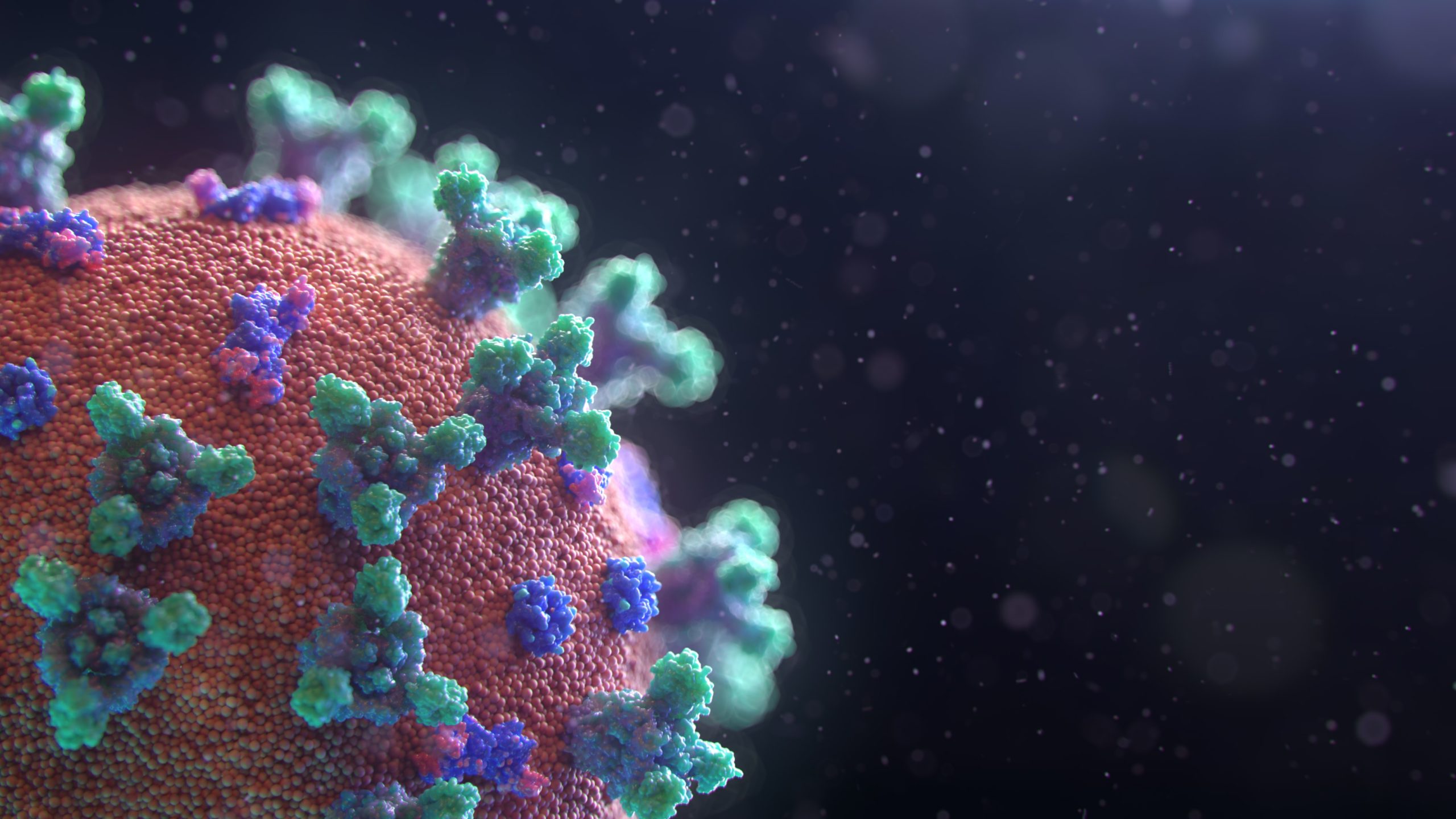World Economic Forum – Scientists at University College London’s Genetics Institute found almost 200 recurrent genetic mutations of the new coronavirus – SARS-CoV-2 – which the UCL researchers said showed how it is adapting to its human hosts as it spreads. “Phylogenetic estimates support that the COVID-2 pandemic started sometime around Oct. 6, 2019 to Dec. 11, 2019, which corresponds to the time of the host jump into humans,” the research team, co-led by Francois Balloux, wrote in a study published in the journal Infection, Genetics and Evolution. [Read Full Story]
Phylogenetic estimates support that the COVID-2 pandemic started sometimes around 6 October 2019–11 December 2019, which corresponds to the time of the host-jump into humans.
According to the study, SARS-CoV-2 is a SARS-like coronavirus of likely zoonotic origin first identified in December 2019 in Wuhan, the capital of China’s Hubei province. The virus has since spread globally, resulting in the currently ongoing COVID-19 pandemic. The first whole genome sequence was published on January 52,020, and thousands of genomes have been sequenced since this date.
“This resource allows unprecedented insights into the past demography of SARS-CoV-2 but also monitoring of how the virus is adapting to its novel human host, providing information to direct drug and vaccine design,” researchers said. “We curated a dataset of 7666 public genome assemblies and analysed the emergence of genomic diversity over time. Our results are in line with previous estimates and point to all sequences sharing a common ancestor towards the end of 2019, supporting this as the period when SARS-CoV-2 jumped into its human host. Due to extensive transmission, the genetic diversity of the virus in several countries recapitulates a large fraction of its worldwide genetic diversity. We identify regions of the SARS-CoV-2 genome that have remained largely invariant to date, and others that have already accumulated diversity.”
Related: If you were sick in January, could it have been the coronavirus?
Stock Photo by Fusion Medical Animation on Unsplash
